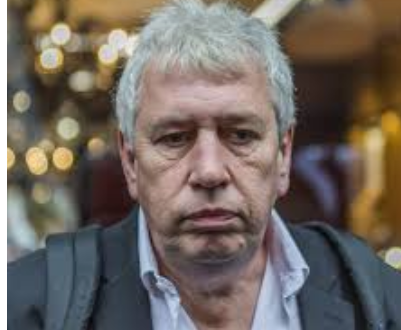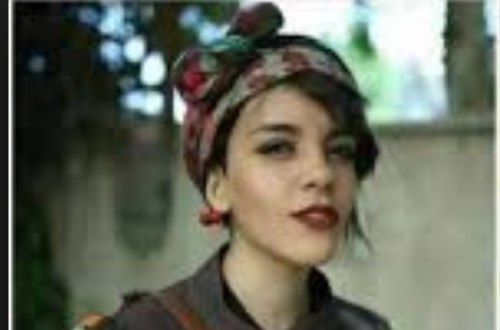The Commons Home Affairs Select Committee has suggested that forced marriage should be made a criminal offence. Although currently forced marriage protection orders can be issued, with jail sentences of up to two years for those who violate their conditions, the committee feels this measure isn’t enough to deal with the problem.
The MPs said: “We believe that it would send out a very clear and positive message to communities within the UK and internationally if it becomes a criminal act to force – or to participate in forcing – an individual to enter into marriage against their will.”
They added: “The lack of a criminal sanction also sends a message, and currently that is a weaker message than we believe is needed. We urge the government to take an early opportunity to legislate on this matter.”
Another factor which may make things more difficult for potential victims of forced marriage is the threat of closure hanging over some of the organisations who have the best track record in offering support.
The MPs found during the inquiry that the “highly respected organisation” Southall Black Sisters and the Honour Network Helpline are both under the threat of closure because of a potential withdrawal of funding by local authorities or government.
The report says such specialist voluntary organisations are a vital means of support for individuals at risk of forced marriages, who are often failed by statutory agencies or do not feel able to approach them.
The helpline was launched in 2008 by Karma Nirvana, the charity founded by Jasvinder Sanghera, a victim of forced marriage, and received 4,815 calls in 2010 – 63% from callers who had not reported their situation to the police, teachers or doctors.
Worryingly, MPs feel that schools are not doing all they could do to protect young people, and that this is partly due to a fear of being perceived as racist. It’s perhaps understandable that people feel unsure how to respond to this genuinely serious issue when certain sections of the media persist in crying wolf. But although it is easy to see why people may feel uncomfortable targeting a crime which is associated with a particular ethnic or religious community, it’s important not to forget that the victims are members of the same communities – and deserve protection.

